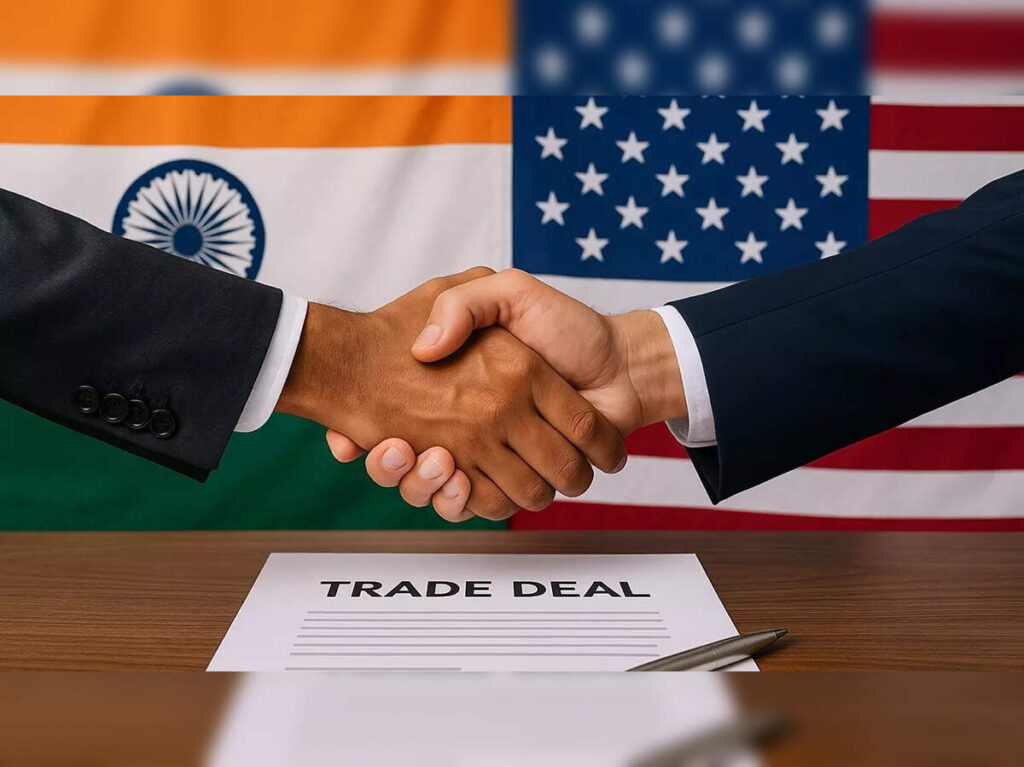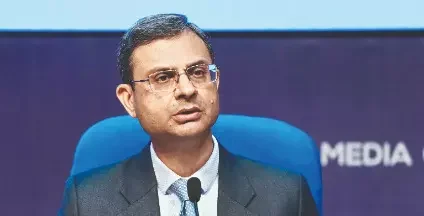NEW DELHI: India’s Free Trade Agreement (FTA) with the UK has sufficient safeguards for sensitive sectors, a senior official said Thursday. Even in the case of automobiles, the tariff cuts will be spread over a period of 10-15 years and subject to quotas like an annual 22,000 for electric vehicles, the person added.
On sensitive agriculture products like dairy, apples, oats and edible oils and industrial items like precious metals, smartphones and optical fibres there will be no cuts offered, the official said.
On medical devices – the sector that is covered under the Production Linked Incentive (PLI) scheme – the duty cuts will start only from the sixth year of the FTA. Even when PLI runs its course, and the duties would not have dropped to zero.
In whiskey and gin – which has been the sensitive sector for the past many years – tariffs will be halved to 75% before reducing to zero in the next ten years. The official discounted fears that these products from the UK would flood the market. India’s imports of alcoholic beverages is just $ 400-500 million at present, which are low compared to total market.
The text of the FTA – which was concluded on Tuesday – will take some more time to be ready for signing. Three months will be required for legal scrubbing (vetting by lawyers) of the text which will be done jointly, another official said. After signing, the ratification process of the FTA would take another year in the UK’s Parliament and only after that it would be ready for implementation, he added.
Apart from the phased reduction in duties to 10% from 100% and a quota on the number of vehicles that can be imported on concessional duties, there will be further differentiation in tariffs based on the price and engine capacity of the product.
In the FTA while the UK has agreed to cut tariffs of 99% of the products to zero with immediate effect, India will reduce tariffs on 90% of UK exports with 85% of these tariff lines becoming tariff free within 10 years.
The agreement delivers more on the services sector than goods, the official said. Of the total trade of $ 56.76 billion bilateral trade between the two countries in 2024, around 58% is in services. India’s goods exports to the UK in 2024 were $ 14.38 billion while services exports were $ 19.57 billion dollars. Similarly UK’s goods exports to India were $ 9.32 billion dollars while services exports were $ 13.45 billion.
In the FTA the UK has offered broad commitment across 137 sub-sectors which includes areas like IT and IT enabled Services, financial services, professional services, other business services and education services. It has also offered assured regime for temporary entry and stay requirements for business visitors, intra-corporate transfers, contractual service providers and independent professionals. “There is no quota on visas in services,” the official said.
The official said with the signing of the Double Contribution Convention the Indian services providers will save Rs 4,000 crore annually. The convention exempts temporary Indian workers in the UK from social contribution for three years. “This will decrease the cost of doing business in services and increase the competitiveness of Indian services suppliers,” the official added.
While India has opened up government procurement for the UK under the FTA, the UK has also agreed to take a binding commitment to provide non-discriminatory treatment to Indian suppliers under the UK Social Value regime. The UK’s social value regime requires people who commission public services to think about how they can secure wider social, economic and environmental benefits.
Source: The Financial Express


 Indo-Pak Hostilities Heighten Credit Risks For Both Nations: S&P
Indo-Pak Hostilities Heighten Credit Risks For Both Nations: S&P 